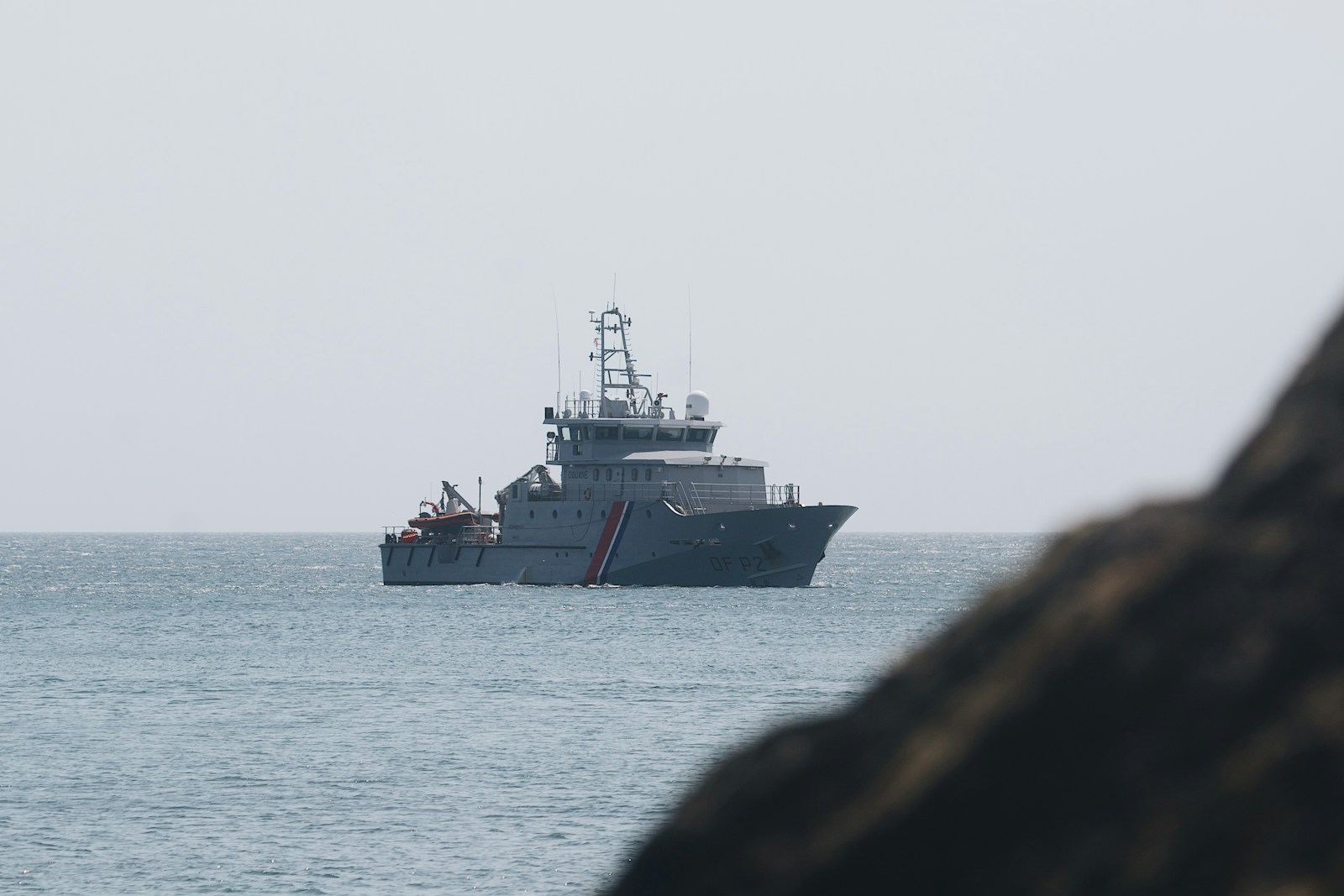cocaine seizure: 10 Tons Captured in West Africa Shocking News
The recent cocaine seizure by the French navy off the coast of West Africa marks one of the largest drug interceptions in recent years. This shocking discovery has not only raised concerns about international trafficking networks but also highlighted the ongoing battle against organized crime across the Atlantic. The scale of this operation demonstrates both the magnitude of the problem and the determination of global forces to fight it.
Global Trafficking Routes
The cocaine seizure off West Africa is a direct reflection of the sophisticated trafficking routes managed by powerful cartels. For years, the region has served as a strategic transit point, connecting Latin American suppliers to European markets. Criminal networks exploit weak maritime controls and unstable political environments to move tons of narcotics, often disguised in cargo shipments. This incident exposes the urgent need for international cooperation to close these dangerous loopholes.
The Role of the French Navy
France has long played a key role in patrolling the Atlantic waters, particularly near its former colonies in Africa. The recent cocaine seizure is proof of its strong maritime surveillance and intelligence-sharing strategies. Equipped with advanced radars, helicopters, and highly trained naval forces, the French navy was able to intercept and secure nearly 10 tons of cocaine before it reached European shores. Such missions highlight the importance of naval readiness in confronting global threats.
Economic Impact of the cocaine seizure
Beyond the headlines, the cocaine seizure also represents a massive financial blow to organized crime. Experts estimate the street value of 10 tons of cocaine at billions of dollars once distributed across Europe. This unexpected disruption has the potential to destabilize cartels, forcing them to adapt their routes and strategies. However, the economic incentive for trafficking remains high, raising the question of how long such victories can effectively deter global drug networks.
cocaine seizure and Its Social Consequences
The cocaine seizure highlights not only the economic losses for cartels but also the deep social consequences tied to narcotics trafficking. Communities in West Africa often find themselves trapped between poverty and the promises of quick money offered by drug lords. While some locals are drawn into smuggling operations, others suffer from violence and corruption that flourish in the shadow of trafficking. This interception serves as a reminder of the urgent need to strengthen local resilience against such criminal influences.
International Cooperation
One of the most encouraging aspects of this cocaine seizure is the degree of international cooperation involved. Intelligence was reportedly shared between European agencies and local authorities in Africa, showcasing how collaborative efforts can lead to major successes. The fight against drug trafficking cannot be won in isolation. Countries must pool resources, exchange intelligence, and support weaker nations in building the capacity to tackle transnational crime effectively. You can read more about international strategies on UNODC official website.
Political Ramifications
The cocaine seizure also carries heavy political implications. Governments in West Africa face increasing pressure to prove they can manage their territorial waters and prevent cartels from turning their nations into trafficking hubs. For European leaders, such incidents reinforce the urgency of strengthening border security and maritime patrols. Failure to address these issues risks damaging political credibility and public trust in both African and European institutions.
Maritime Security Challenges
The cocaine seizure shines a spotlight on the broader maritime security challenges in West Africa. Piracy, illegal fishing, and smuggling are persistent threats that undermine regional stability. The interception of 10 tons of cocaine demonstrates how criminal operations exploit weak monitoring systems. Strengthening coast guard capabilities, investing in technology, and training local forces are crucial steps toward ensuring that the Atlantic remains secure from organized crime and illicit trade.
Media Attention
The global media coverage surrounding this cocaine seizure has amplified awareness about the magnitude of drug trafficking. Sensational headlines and detailed reports have sparked debates about the effectiveness of international anti-drug policies. While publicity is important for accountability, it can also put pressure on governments and law enforcement agencies to sustain results. The public’s demand for transparency and ongoing victories against cartels adds a new layer of complexity to this global fight.
Public Health Concerns Linked to the cocaine seizure
Another dimension often overlooked in discussions about cocaine seizure is its impact on public health. Cocaine abuse continues to devastate communities worldwide, contributing to addiction, violence, and long-term health crises. By intercepting nearly 10 tons of cocaine, authorities have potentially prevented thousands of lives from being destroyed by addiction. However, experts warn that supply reduction alone is not enough comprehensive strategies that include education, rehabilitation, and prevention are essential to addressing the demand side of the problem.
Future Implications of the cocaine seizure
The cocaine seizure serves as a wake-up call for both law enforcement and policy makers. It demonstrates that organized crime is adaptable, constantly seeking new routes and methods to transport narcotics. Authorities must remain vigilant, investing in technology, intelligence, and international partnerships. For those interested in maritime security, our in-depth article on maritime security strategies offers insights into how nations can protect their waters more effectively.
Lessons Learned from the cocaine seizure
This incident also provides valuable lessons for future operations. The importance of intelligence sharing, proactive patrolling, and international coordination cannot be overstated. By analyzing successes like this cocaine seizure, agencies can refine strategies to intercept traffickers more efficiently. The operation proves that even the largest drug shipments are vulnerable to interception when nations collaborate strategically.
Conclusion
The cocaine seizure of nearly 10 tons off the West African coast is a stark reminder of the scale and complexity of global drug trafficking. While the victory is significant, it underscores the ongoing challenges faced by authorities worldwide. Continuous vigilance, international collaboration, and comprehensive strategies addressing both supply and demand are essential to truly mitigate the threat of narcotics. This operation stands as a testament to what can be achieved when nations unite against organized crime.




